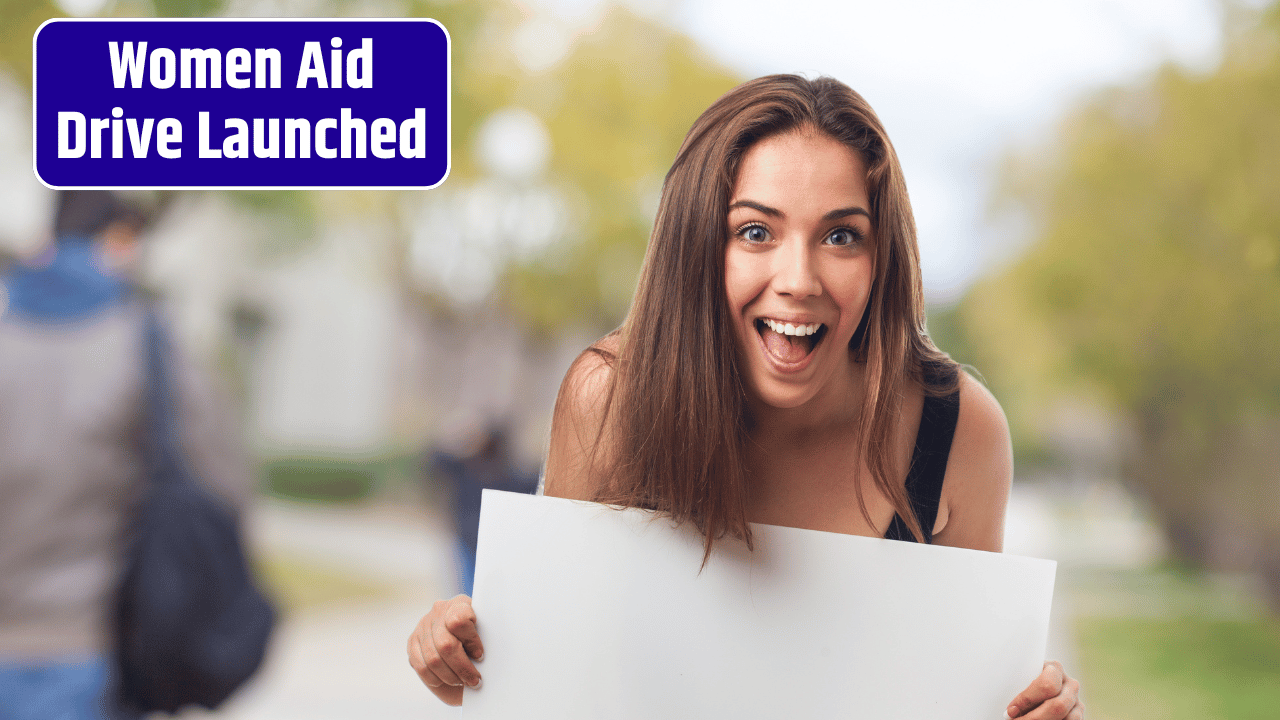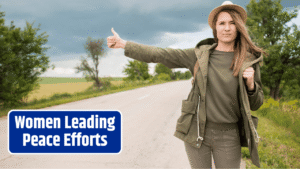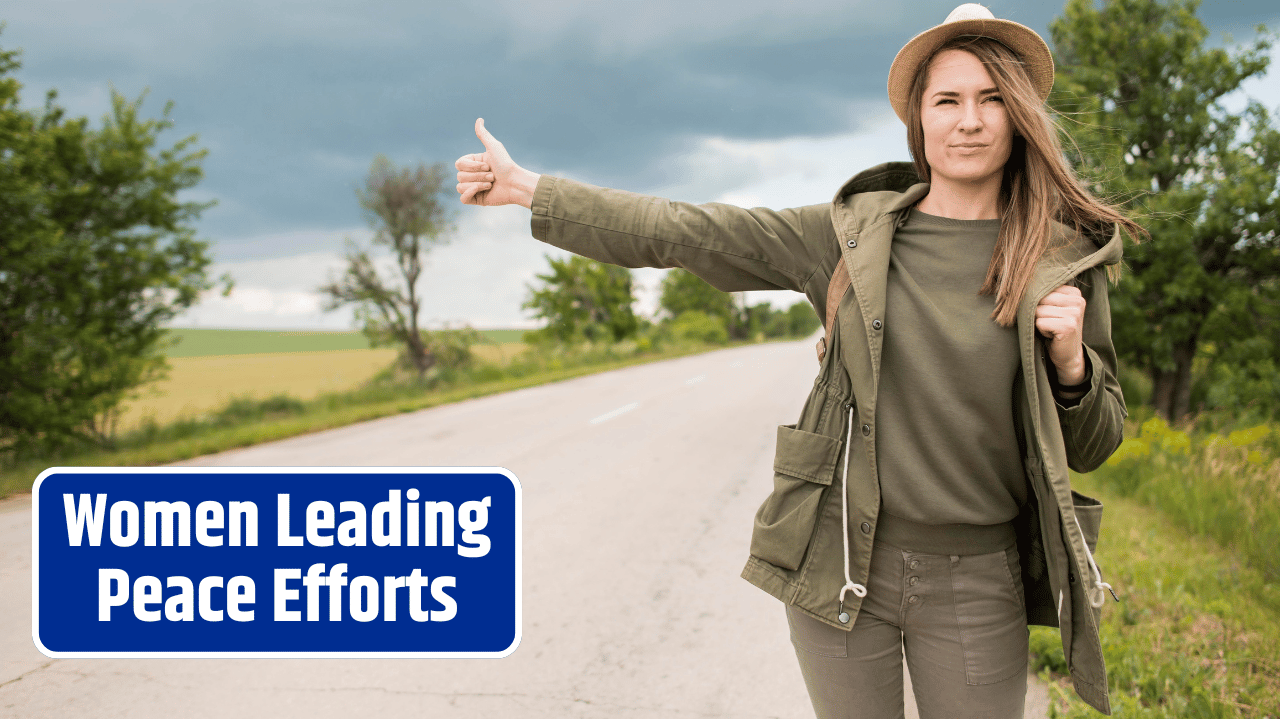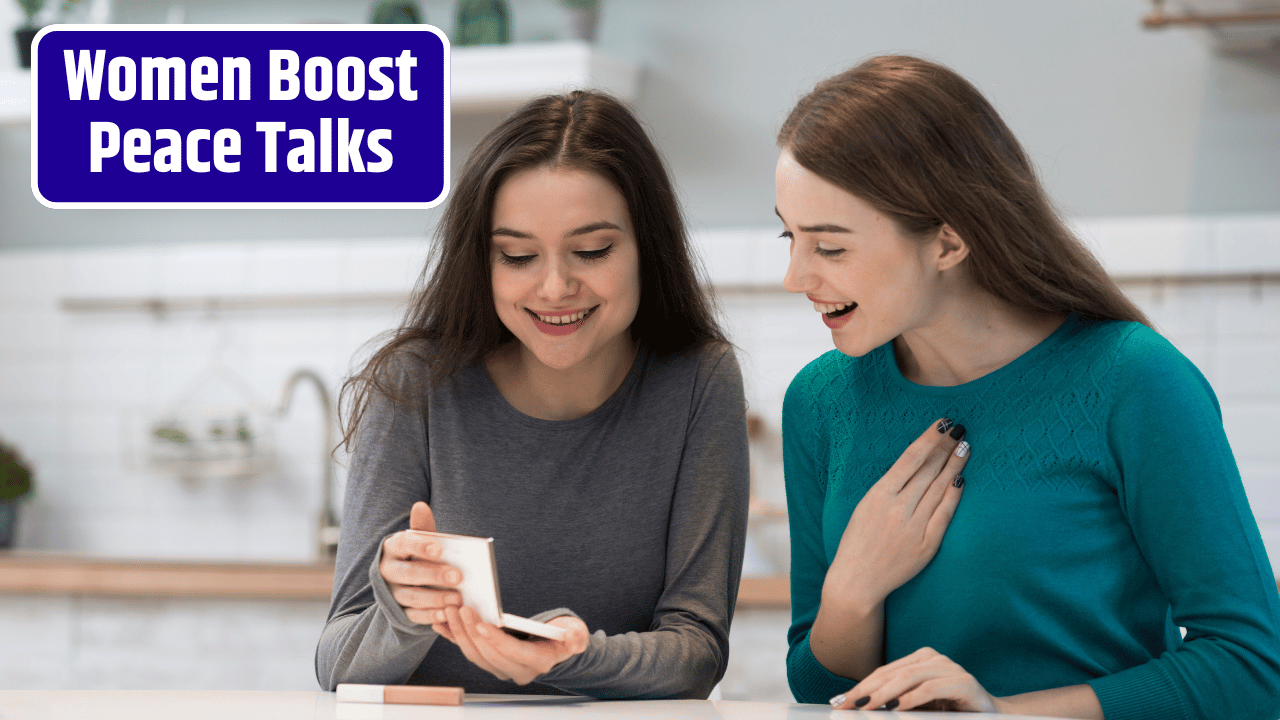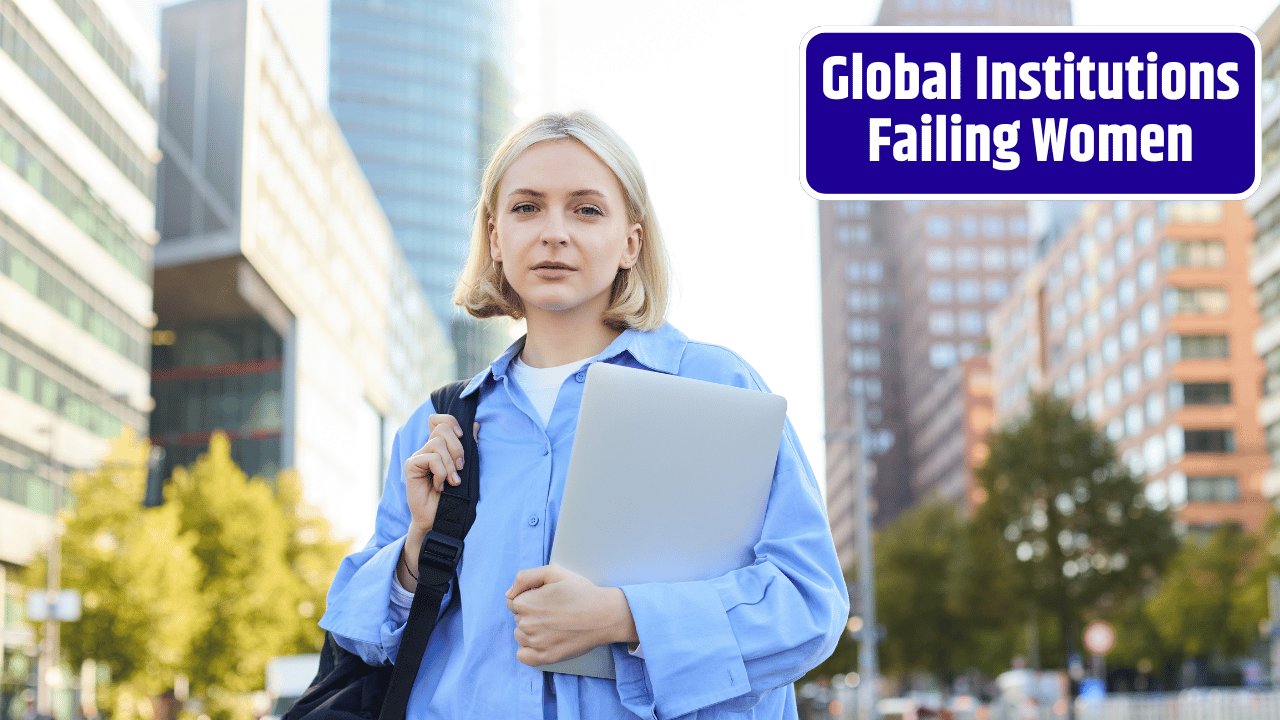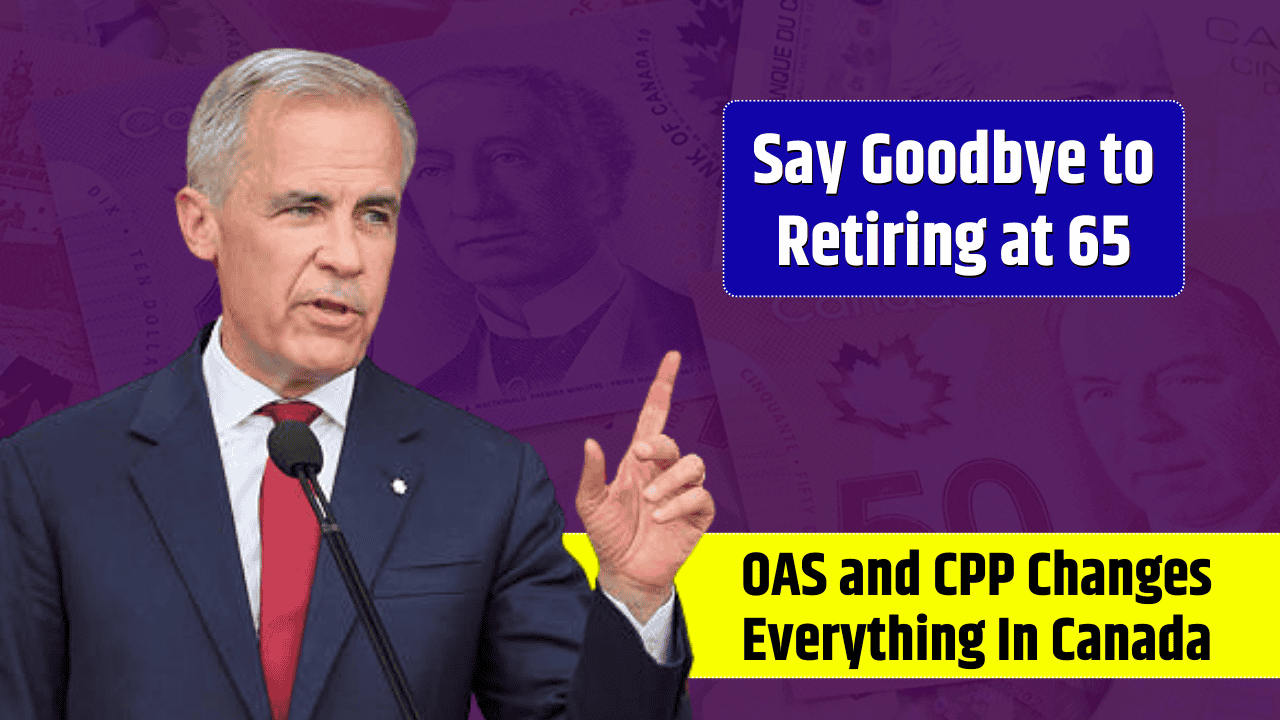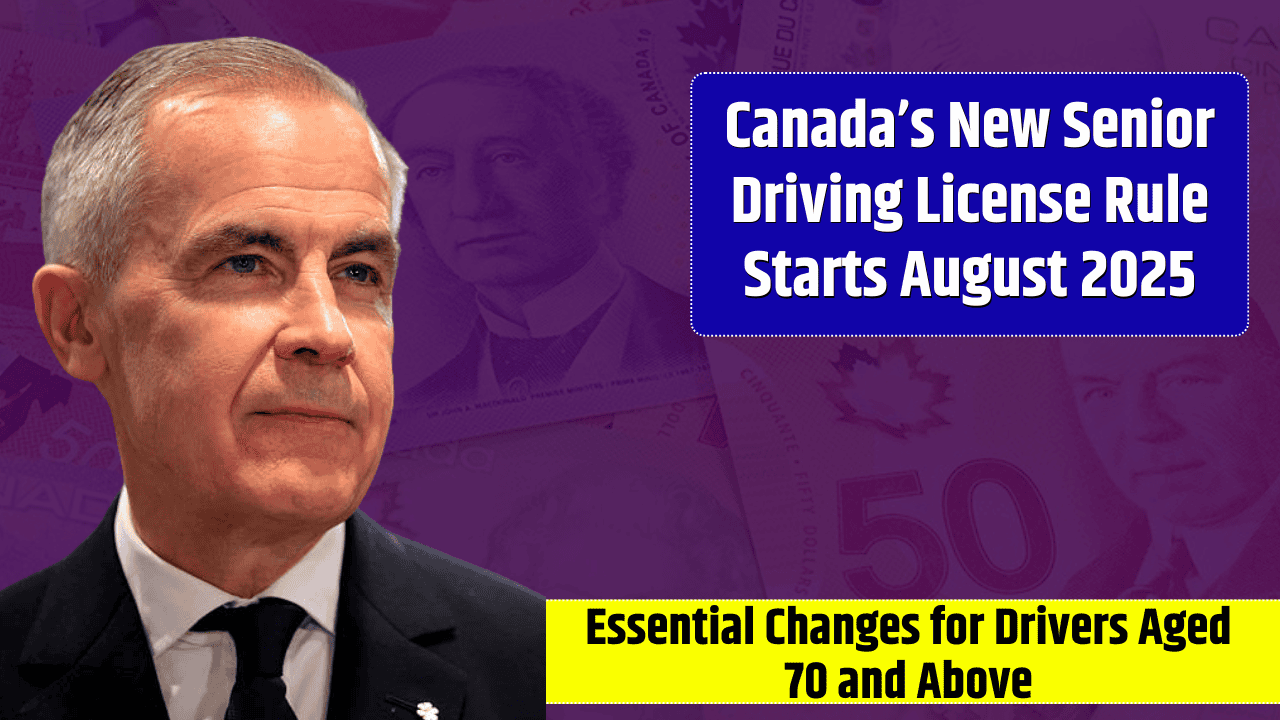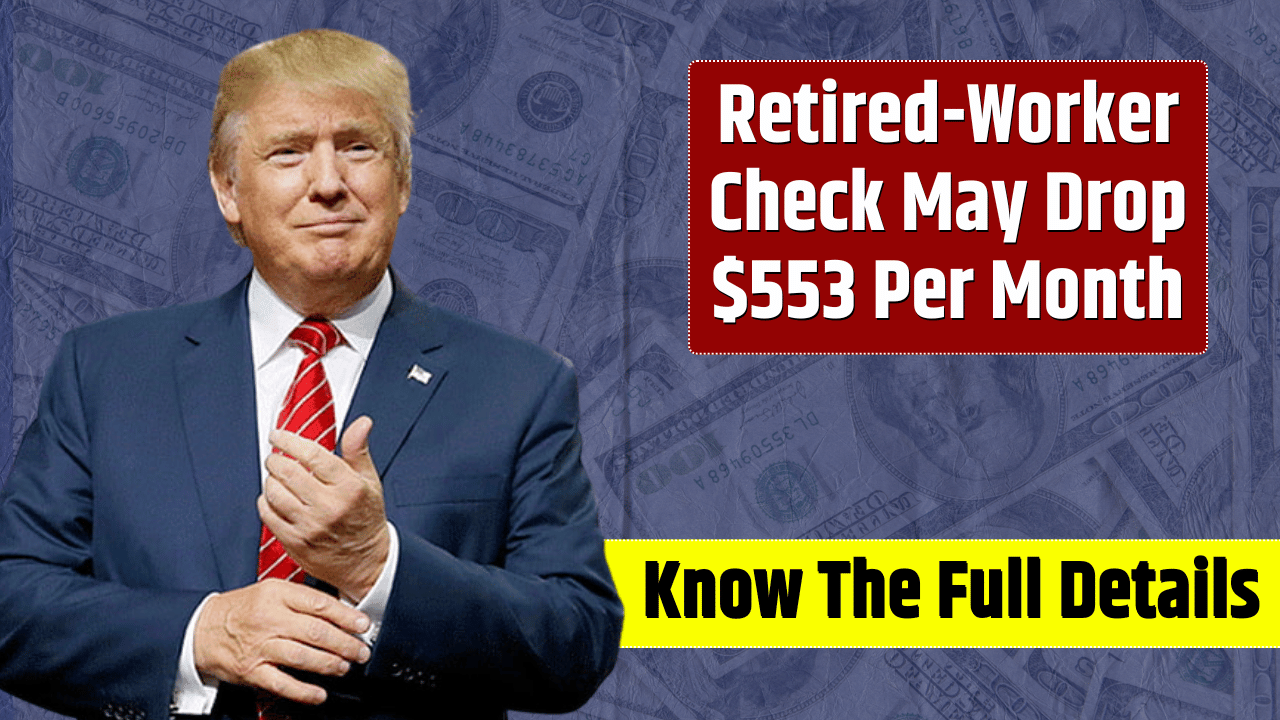It’s one of those headlines that might slip past you—tucked beneath election drama or celebrity buzz—but don’t let it. Something real is happening. Quietly but with undeniable force, a coalition of global NGOs has kicked off a campaign that could change the lives of millions of women caught in the crossfire of conflict zones.
And no, this isn’t another performative panel discussion or glossy PR stunt. It’s action.
Table of Contents
What’s the Drive About?
Officially called the Women Forward in Crisis Initiative, the campaign is spearheaded by a newly formed alliance of over 60 NGOs—from grassroots outfits in the Sahel to major players like CARE International and Médecins Sans Frontières. Their mission? To pool resources, political clout, and boots-on-the-ground knowledge to support women in war-torn regions.
This isn’t just about handing out food or blankets (though yes, there’s that too). It’s about long-term solutions:
- Mental health care for survivors of violence.
- Access to education in refugee camps.
- Legal aid to fight for justice after war crimes.
- Vocational training so women can earn, even when systems collapse.
Because here’s the thing: women don’t just survive war. They often rebuild from it.
Why Now?
Let’s be honest. The need isn’t new. From Sudan to Gaza, Ukraine to Myanmar, women and girls have always been uniquely vulnerable in conflict zones—often targets, often afterthoughts in peace talks.
But something’s shifted. The data is clearer, the global conversation louder. Social media has laid bare the gendered brutality of modern warfare in a way no filtered UN report ever could. And donors? They’re finally listening.
According to the alliance’s spokesperson, Nina El-Sharif, this isn’t charity—it’s accountability.
“We’re not here to ‘empower’ women. They’ve already got power. What they need is protection, platforms, and policies that don’t erase them.”
Where’s It Happening?
The initiative will begin in five key regions, chosen based on the severity of conflict and lack of gender-specific aid:
| Region | Focus Area | Local Partner Examples |
|---|---|---|
| Eastern DRC | Sexual violence recovery & legal aid | Panzi Foundation, Heal Africa |
| Gaza & West Bank | Shelter and trauma support | Anera, Palestinian NGOs |
| Ukraine | Displacement recovery & employment | Women’s Perspectives, UN Women |
| Myanmar | Reproductive health access | Women’s League of Burma |
| Sudan | Education and community rebuilding | African Centre for Justice |
And they’re not just helicoptering in foreign staff. Local women’s groups will lead operations, ensuring relevance and cultural grounding.
Where’s the Money Coming From?
Here’s the wild part: the funding isn’t relying on a single government or bloated institution. Instead, they’re building a multi-source funding model:
- Micro-donations from individuals (yes, even $3 matters)
- Grants from EU and Scandinavian nations
- Private philanthropy—think MacKenzie Scott-type silent donors
- Corporate CSR arms (though with transparency demands)
They’re even experimenting with blockchain-based tracking systems for donations. You’ll be able to see where your dollar went, what village it touched, and whose schoolbooks it bought.
The Elephant in the Room: Will It Work?
Look, the skepticism is valid. We’ve seen “initiatives” come and go. Remember the post-Haiti earthquake pledges? Billions promised. Millions delivered. Few long-term results.
But what makes this feel different—at least for now—is the structure. The alliance model prevents siloed action. It doesn’t let one group hog the spotlight or flounder in red tape. And the localized leadership is a major shift from the typical top-down “Western savior” approach.
Still, implementation will be messy. Some governments will push back. Corruption exists. Internet access fails. Wars rage on.
But the alternative—ignoring women, again, during the worst chapters of human suffering? That’s a luxury the world can’t afford anymore.
Real Talk: Why You Should Care
If you’re reading this from a stable country, it’s easy to tune out foreign conflicts. To see them as “someone else’s problem.” But here’s the thing—when women in war zones rise, economies recover faster. Communities stabilize sooner. Terrorist groups lose ground.
It’s not just “the right thing.” It’s the smart thing.
And if that sounds a bit too utilitarian, let’s put it plainly: If your sister, mother, daughter were caught in a warzone, you’d want this alliance in her corner.
So yeah—maybe toss them a few bucks. Or at least, keep watching.
FAQs
Who’s coordinating the alliance?
A rotating council of NGO leaders, with quarterly transparency reports and regional representation to avoid bias.
How can individuals get involved?
You can donate directly, volunteer remotely (think translation, admin help), or support advocacy campaigns online.
What about politics—how does this stay neutral?
Neutrality is aspirational but not always possible. The alliance is prioritizing human need over political alignment, with a heavy focus on impartial aid.
Will the alliance address men and boys too?
Yes, but the initial focus is women because data shows they face unique systemic harm in conflict. Programs will expand over time.
How long will the initiative run?
There’s no defined end date—it’s designed to scale with crises. Initial evaluation will happen at the 18-month mark.

